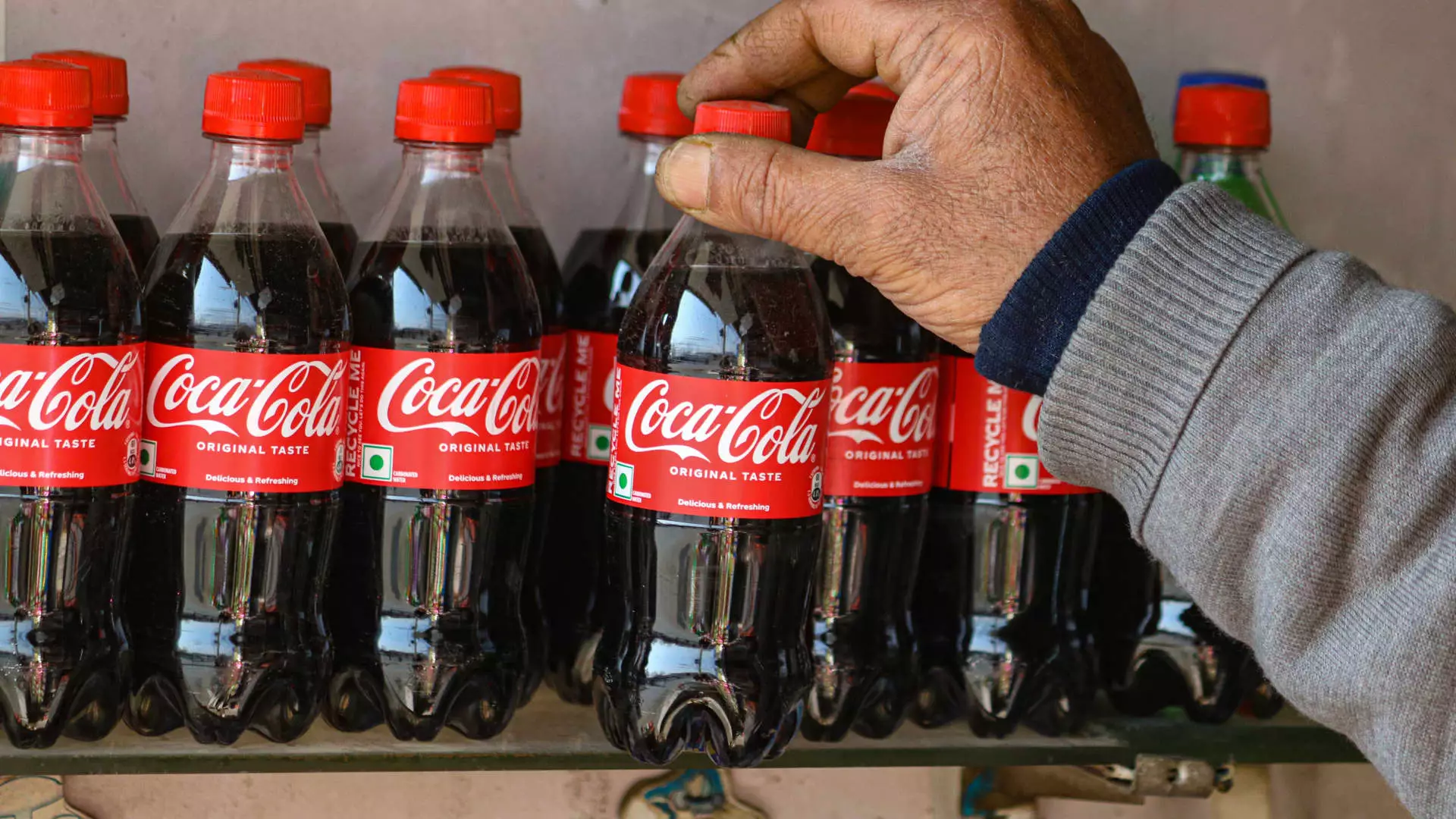As industries adapt to evolving economic and political climates, major corporations continuously reassess their production and packaging strategies. Recently, Coca-Cola’s CEO, James Quincey, outlined a significant prospective shift in the company’s packaging materials in response to tariff changes proposed by the Trump administration. This article will delve into the implications of these tariffs, the company’s packaging strategies, and the broader environmental contexts in which these decisions are situated.
The recent increase in tariffs on aluminum and steel imports from 10% to 25% represents a crucial turning point for companies that heavily rely on these materials. Quincey indicated that if costs associated with aluminum packaging rise due to these tariffs, Coca-Cola would pivot to using more plastic bottles, specifically polyethylene terephthalate (PET). He argued that the need to maintain affordability for consumers necessitates this flexibility. By emphasizing alternative packaging options, Coca-Cola aims to navigate any potential price instability and continue meeting consumer demand effectively.
However, the economic logic behind such a shift raises questions about sustainability and consumer perceptions. While plastic may present a short-term solution to mitigate financial pressures, it fails to address the growing concern over environmental impact. As companies face mounting scrutiny regarding their carbon footprints and waste production, the reliance on plastic could alienate environmentally conscious consumers and exacerbate public relations challenges for Coca-Cola.
Quincey downplayed the potential financial impact that the increased tariffs would have on Coca-Cola, asserting that packaging constitutes only a small portion of the company’s overall cost structure. This perspective suggests that Coca-Cola believes it can absorb these increased expenses, at least in the short term, through other changes such as sourcing aluminum domestically and passing some costs to consumers.
Nevertheless, while this may provide temporary relief, the long-term implications of switching to plastic must be closely considered. Plastic packaging, despite being generally cheaper than aluminum, raises significant environmental concerns. The comparatively low recycling rates for PET, estimated at 29.1% in 2018, stand in stark contrast to aluminum’s rate of 50.4%. Hence, Coca-Cola’s pivot could seem at odds with its stated ambition to enhance its sustainability practices.
Coca-Cola’s reputation has faced severe criticism for its environmental practices, particularly from organizations like Greenpeace, which named it the “world’s worst polluter” for six consecutive years due to its excessive plastic waste. This designation highlights a critical contradiction—while the company formulates plans to increase its usage of recyclable aluminum, its strategic shift toward more plastic could undermine consumer trust and question its commitment to sustainability.
Adding to this criticism, Coke recently revised its sustainability goals. The company now aims for the use of 35% to 40% recycled materials by 2035—reduced from its original target of 50% by 2030. This scaling back of ambition sends a discouraging message to stakeholders who seek accountability in environmental efforts. Without robust improvements in PET recycling systems, consumers may perceive Cola’s decisions as regressive.
Coca-Cola’s potential shift from aluminum to plastic packaging amid heightened tariffs presents a multifaceted dilemma that intertwines economic necessities with environmental responsibilities. While the adjustments aim to maintain affordability in the face of rising production costs, they could further escalate the environmental crisis associated with plastic waste. As industry leaders navigate this landscape, they must balance business interests with a commitment to sustainability that resonates with increasingly discerning consumers. The pathway forward will likely dictate not only Coca-Cola’s economic viability but also its reputation and ethical standing in an ever-evolving corporate world.

